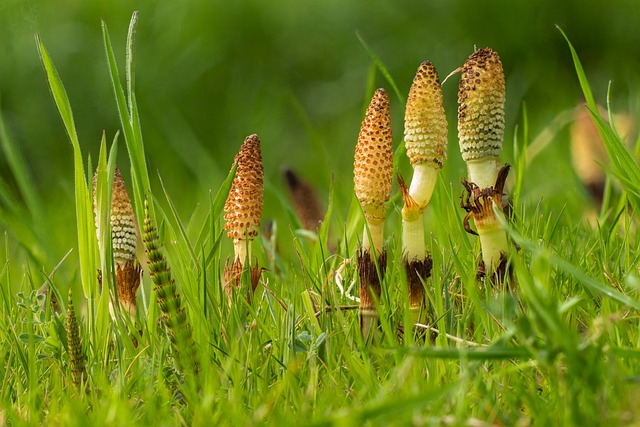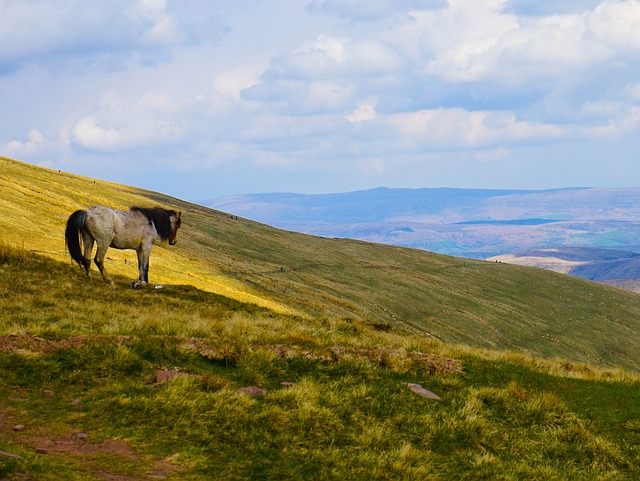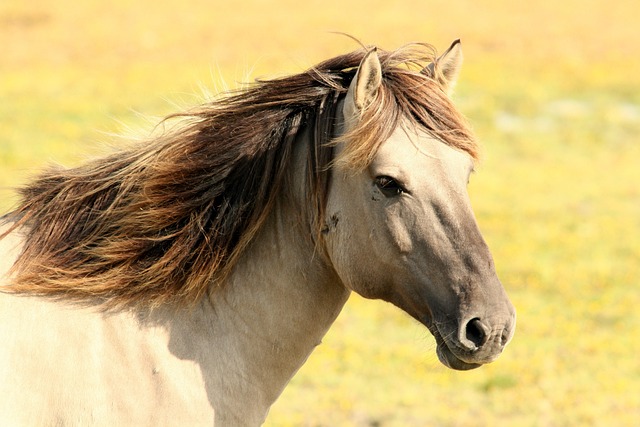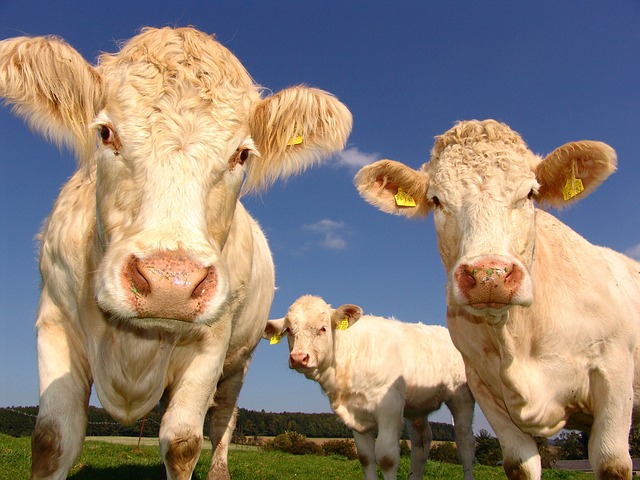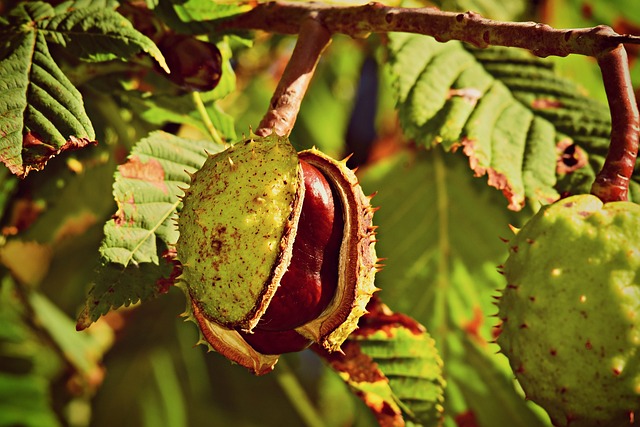
Horse chestnut tree
February 1, 2023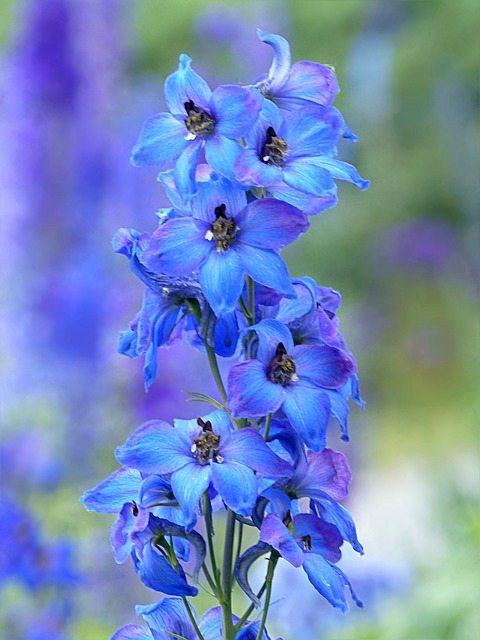
Larkspur
February 1, 2023Horsetail Plant in the UK: A Caution for Horse Owners
Horsetail (Equisetum arvense), also known as mare’s tail, is a common plant found in the UK and many parts of the world. While it may seem harmless, horsetail can be toxic to horses and cause serious health problems if ingested.
Horsetail contains high levels of silica, which can damage the horse’s digestive system and cause colic, diarrhea, weight loss, and even death. The plant also contains toxic alkaloids and is known to affect the horse’s nervous system, causing twitching, muscle weakness, and in severe cases, paralysis.
It is important to be aware of the presence of horsetail in your horse’s pasture or feed, as the plant is often overlooked as a potential hazard. It is also important to note that the plant is most toxic when it is fresh, as the levels of silica and alkaloids decrease with drying.
If you suspect that your horse has ingested horsetail, it is important to seek veterinary attention immediately. Treatment will depend on the amount of the plant ingested and the severity of the symptoms, but can include medication to control symptoms, supportive care, and in severe cases, hospitalization.
To prevent exposure to horsetail, it is recommended to remove the plant from your horse’s pasture or feed source, or to regularly rotate your horse’s grazing area to reduce the risk of repeated exposure.
In conclusion, horsetail is a common plant found in the UK, but it can be toxic to horses if ingested. Horse owners should be aware of its presence in their horse’s environment and take necessary precautions to prevent exposure. If you suspect that your horse has ingested horsetail, seek veterinary attention immediately.

